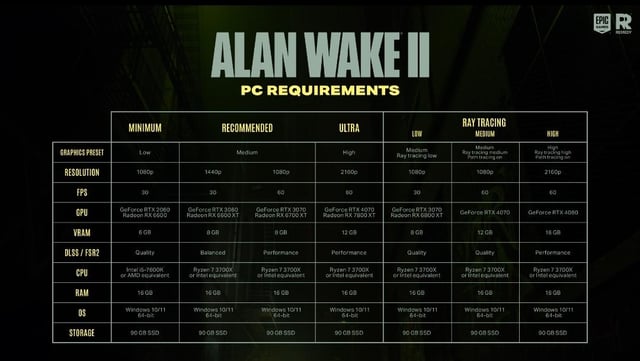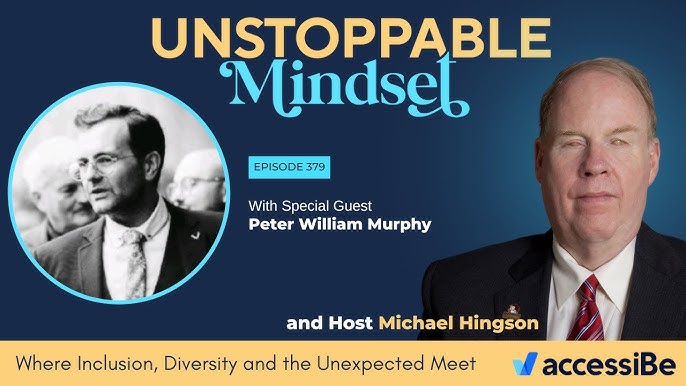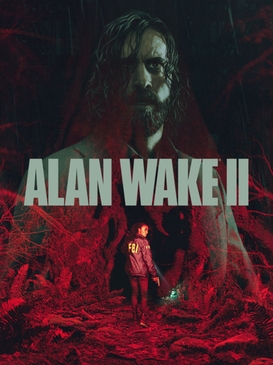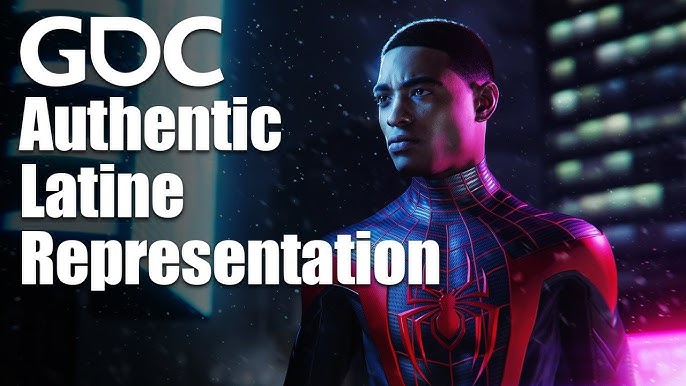Alan Wake 2 and the DEI Dilemma: Have Social Agendas Darkened Bright Falls?

The gaming industry, a realm I've proudly called home for over 15 years, is changing. And not always for the better. As a seasoned game developer, I've witnessed firsthand the evolution of storytelling, character design, and the very soul of game creation. However, a new trend is emerging: the growing influence of external consultants, particularly those specializing in Diversity, Equity, and Inclusion (DEI). While the intention might be noble – to create more inclusive and representative games – the execution often feels… forced. The recent controversy surrounding Sweet Baby Inc.’s involvement with Remedy Entertainment’s Alan Wake 2 [https://www.pcgamer.com/news/], is a prime example, leaving many gamers wondering: Is creative freedom being sacrificed at the altar of social agendas?
The Saga of Saga: Alan Wake 2 and DEI Criticism
Alan Wake 2, a highly anticipated sequel to the cult classic, promised a chilling return to Bright Falls. However, upon release, a segment of the PC gaming community voiced concerns that the game's narrative and, in particular, the character of Saga Anderson felt… off. These criticisms, often framed as DEI criticism, center on the perception that Saga's characterization and the overall narrative were influenced by DEI initiatives to the detriment of organic storytelling.

These criticisms aren’t just random online gripes; they highlight a broader concern within the gaming community about corporate influence game design. Were the creative decisions behind Alan Wake 2 truly the vision of Remedy Entertainment, or were they shaped, even subtly, by external pressures and agendas?
Unpacking the Claims: What Are Gamers Saying?
So, what exactly are the specific points of contention? While some criticisms are undoubtedly rooted in less-than-savory corners of the internet, many raise valid points regarding character representation and dialogue choices. Common complaints include:
- Saga's "Mary Sue" Trait: Some players feel Saga Anderson is unrealistically competent and lacks flaws, fitting the "Mary Sue" archetype. This perceived lack of depth diminishes her relatability.
- Forced Diversity: Some perceive the inclusion of diverse characters and storylines as being forced or tokenistic, rather than organically woven into the narrative. The phrase "Alan Wake 2 woke" is frequently used in forums and comment sections.
- Dialogue and Tone: Certain dialogue choices and character interactions are viewed as preachy or overly focused on social issues, disrupting the immersion and pacing of the game.
These criticisms have fueled the "Alan Wake 2 Sweet Baby Inc controversy," with many gamers pointing fingers at the DEI consulting firm.
Sweet Baby Inc.: Examining the Architect of Inclusivity?
Sweet Baby Inc. is a Montreal-based game development consultancy that focuses on diversity, equity, and inclusion. Their website [https://sweetbabyinc.com/] states their mission as "making better, more empathetic games." They offer a range of services, including:
- Narrative Review: Analyzing storylines and scripts for potential biases and stereotypes.
- Character Development: Providing feedback on character design to ensure authentic and respectful representation.
- Cultural Consultation: Offering expertise on specific cultures and communities to avoid cultural appropriation or misrepresentation.

While their intentions appear positive, the lack of transparency surrounding their specific contributions to games like Alan Wake 2 has raised concerns. This lack of clarity breeds speculation and fuels accusations of undue influence on narrative design.
How Much Does Inclusion Cost? Sweet Baby Inc.’s Pricing
Information on Sweet Baby Inc.’s exact pricing structure is not publicly available, contributing to the "Sweet Baby Inc pricing controversy." However, industry sources suggest that DEI consulting firms typically charge by the hour or project, with rates varying based on the scope of work and the seniority of the consultants involved. It's safe to assume that a project like Alan Wake 2 could involve a significant investment, raising questions about how DEI initiatives affect production budgets. This also begs the question: how does Sweet Baby Inc. influence game narratives?

The Review Bombing Aftermath: Analyzing the Steam Score Data
The controversy surrounding Alan Wake 2 and Sweet Baby Inc. has undoubtedly impacted the game's public perception. A look at the Steam review scores reveals a noticeable trend. While initial reviews were overwhelmingly positive, a surge of negative reviews mentioning Sweet Baby Inc. and DEI emerged shortly after the controversy gained traction. This is a clear case of "Steam review bombing Alan Wake 2."

While it's impossible to definitively attribute all negative reviews to this single issue, the correlation is undeniable. This "Alan Wake 2 review controversy" highlights the potential impact of perceived DEI influence on a game's commercial success. What game development changes did Sweet Baby Inc. make to Alan Wake 2? The public is clearly wanting to know!
The Other Side of the Coin: Authentic Representation vs. Forced Inclusion
Now, let’s be clear: I am not advocating for the exclusion of diverse characters or stories from video games. The industry should strive for inclusivity and representation. However, the key is authentic representation, not forced inclusion. The best examples of diversity in games are those where it arises organically from the world-building and narrative, not as a checklist item to be ticked off.

Consider games like Life is Strange or Tell Me Why, which tackle sensitive subjects with nuance and respect, crafting compelling narratives that resonate with players from all backgrounds. These games demonstrate that it's possible to integrate diversity meaningfully without sacrificing artistic vision or alienating a significant portion of the audience.
Learning From Success: Integrating Diversity Without Consulting
Successful integration of diversity doesn't require external consultants. It requires talented writers, artists, and designers who are passionate about creating authentic and relatable characters. It requires research, sensitivity, and a genuine desire to tell diverse stories. Several developers have successfully integrated diversity into their games through:
- Internal Diversity Teams: Creating internal teams to offer diverse perspectives and ensure authentic representation.
- Community Engagement: Seeking feedback from diverse communities during development to address potential concerns and improve representation.
- Hiring Diverse Talent: Building diverse development teams to bring a wider range of experiences and perspectives to the creative process.
The impact of DEI on Alan Wake 2 writing becomes even more complicated when discussing these strategies.
The Core Conflict: Creative Freedom vs. Corporate Oversight
This brings us to the heart of the issue: the tension between creative freedom and corporate oversight. While DEI initiatives can be valuable tools for promoting inclusivity, they should never come at the expense of artistic vision.

External consulting should be a resource, not a mandate. When DEI guidelines are imposed from above, they can lead to homogenized characters, predictable storylines, and ultimately, a less engaging and authentic gaming experience. The question boils down to this: Is Sweet Baby Inc responsible for Alan Wake 2's character changes?
When Does Consulting Become Control?
The line between helpful guidance and detrimental control is often blurred. Consulting becomes detrimental when:
- It stifles creativity: When developers feel pressured to conform to specific DEI guidelines, they may be less likely to take creative risks or explore unconventional ideas.
- It prioritizes representation over narrative: When the focus shifts from telling a compelling story to fulfilling a quota of diverse characters, the narrative can suffer.
- It alienates the audience: When players feel that DEI initiatives are being forced upon them, they may react negatively, leading to review bombing and a decline in sales.
The "Creative constraints in Alan Wake 2 development" may have been a result of this form of corporate oversight.
My Take: A Call for Balance and Transparency
So, is the criticism of Sweet Baby Inc. justified, or is it an overreaction fueled by online outrage? In my opinion, it’s a bit of both. While some of the online rhetoric is undoubtedly hyperbolic and even hateful, the underlying concerns about corporate influence game design are legitimate.

The industry needs to have a serious conversation about the role of DEI consulting in game development. We need more transparency about the specific contributions of these firms and a greater emphasis on empowering developers to create authentic and inclusive games on their own terms. The "Alan Wake 2 backlash Sweet Baby Inc" may actually be a good thing. We need to ask: How did Sweet Baby Inc. affect Alan Wake 2 reviews?
Ultimately, the goal should be to create games that are both diverse and engaging, that reflect the richness and complexity of the human experience without sacrificing artistic vision. Only then can we truly say that we’ve created a gaming industry that is both inclusive and creatively vibrant. What is the Sweet Baby Inc game development controversy and how do we deal with it?
Alan Wake 2: Worth buying despite the controversy? If you can look past some of the clunky plot points and what some perceive as heavy-handed DEI implementation, it's still a visually stunning and intriguing game. Just be prepared to have your expectations subverted.